My daughter is currently attending CALO in Lake Ozark. First of all, the setting is absolutely beautiful. Most of the staff are truly amazing—caring, supportive, and dedicated to the students’ growth. As with any program, there are always a few individuals who could work ...
About Calo Programs
Latest Reviews
Rehab Score
Gallery
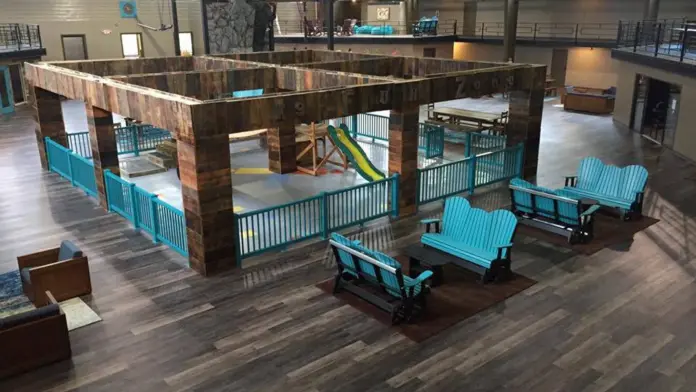
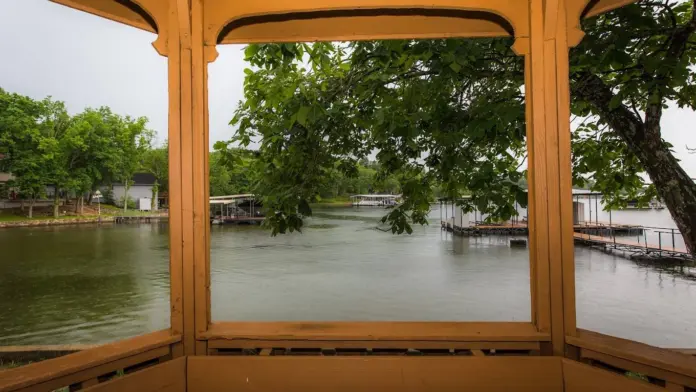
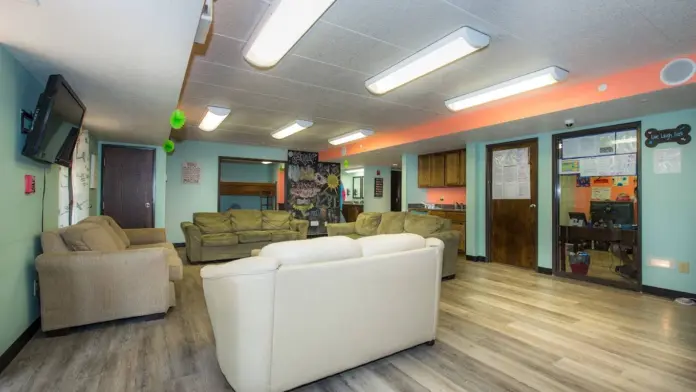
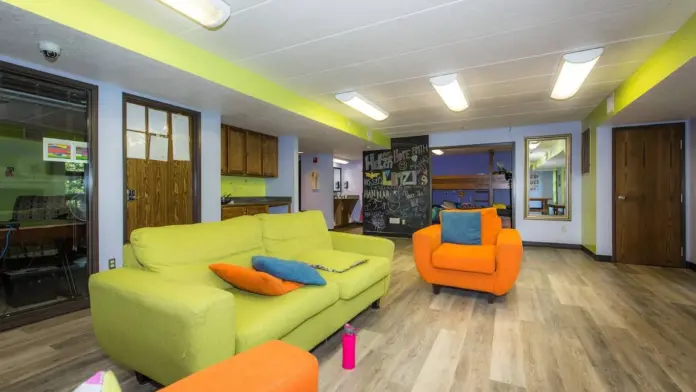
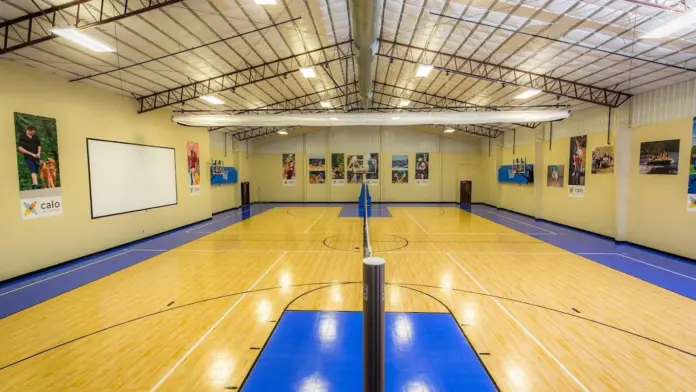
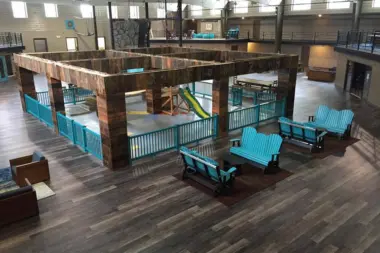
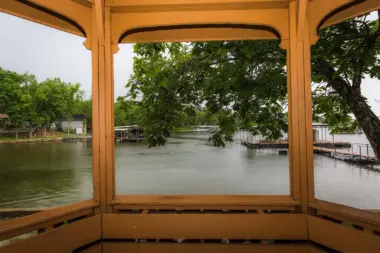
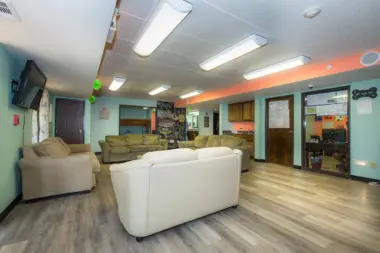
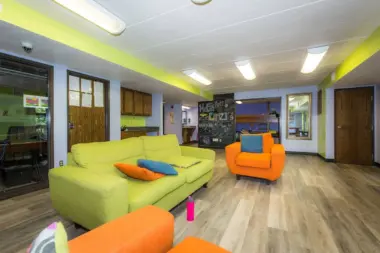
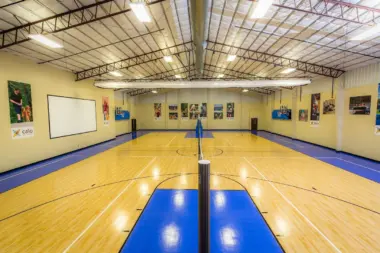
Accepted Insurance
Other Forms of Payment
Private insurance refers to any kind of healthcare coverage that isn't from the state or federal government. This includes individual and family plans offered by an employer or purchased from the Insurance Marketplace. Every plan will have different requirements and out of pocket costs so be sure to get the full details before you start treatment.
Self-pay involves paying for treatment out of your own pocket. You can use savings or credit, get a personal loan, or receive help from family and friends to fund your treatment. If you don't have insurance or your insurance plan doesn't cover a specific program, self-pay can help ensure you still get the care you need.
Addiction Treatments
Levels of Care
Residential treatment programs are those that offer housing and meals in addition to substance abuse treatment. Rehab facilities that offer residential treatment allow patients to focus solely on recovery, in an environment totally separate from their lives. Some rehab centers specialize in short-term residential treatment (a few days to a week or two), while others solely provide treatment on a long-term basis (several weeks to months). Some offer both, and tailor treatment to the patient's individual requirements.
Treatments
Mental health rehabs focus on helping individuals recover from mental illnesses like bipolar disorder, clinical depression, anxiety disorders, schizophrenia, and more. Mental health professionals at these facilities are trained to understand and treat mental health issues, both in individual and group settings.
Clinical Services
Peer support within a group therapy session in Missouri allows you to interact with your peers who are also struggling with drug addiction. You can share your stories and learn how to express your emotions openly in a non judgmental setting. These strategies help to reduce your feelings of isolation which are often associated with addiction.
In individual therapy, a patient meets one-on-one with a trained psychologist or counselor. Therapy is a pivotal part of effective substance abuse treatment, as it often covers root causes of addiction, including challenges faced by the patient in their social, family, and work/school life.
Trauma therapy addresses traumatic incidents from a client's past that are likely affecting their present-day experience. Trauma is often one of the primary triggers and potential causes of addiction, and can stem from child sexual abuse, domestic violence, having a parent with a mental illness, losing one or both parents at a young age, teenage or adult sexual assault, or any number of other factors. The purpose of trauma therapy is to allow a patient to process trauma and move through and past it, with the help of trained and compassionate mental health professionals.
Research clearly demonstrates that recovery is far more successful and sustainable when loved ones like family members participate in rehab and substance abuse treatment. Genetic factors may be at play when it comes to drug and alcohol addiction, as well as mental health issues. Family dynamics often play a critical role in addiction triggers, and if properly educated, family members can be a strong source of support when it comes to rehabilitation.
Recreational therapy helps you overcome addiction by engaging in activities that promote physical fitness and mental health. These activities can include team sports, art, and outdoor adventures, Each of which helps reduce your stress level, improves mood, and develops new hobbies. These are crucial to support your long term journey to sobriety.
Amenities
-
Private Rooms
Staff & Accreditations
Staff
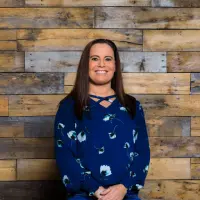
Nicole Fuglsang, MA, LPC, NCC
CEO

Dr. Jyostna Nair, MD
Psychiatric Services Director/Medical Director
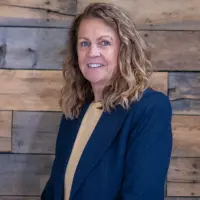
Chris Austin, MA, LPC, NCC
Executive Clinical Director
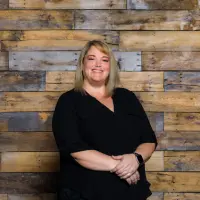
Christine "Kristy" Floyd
Regional Human Resources Manager
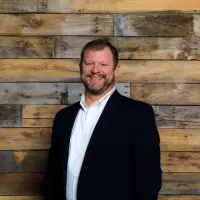
Ryan Neal, Ed.D
Teen Boys & Preteen Executive Director
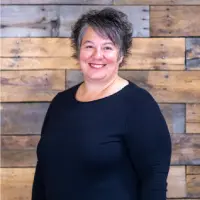
Krista Collins, M.A.
Teen Girls Executive Director

Lari Cannon, MA, MS.Ed
Transition Home Program Director
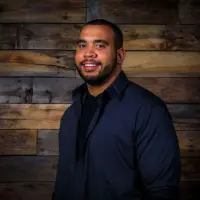
Joshua Kelley
Executive Residential Director
Accreditations

The Joint Commission, formerly known as JCAHO, is a nonprofit organization that accredits rehab organizations and programs. Founded in 1951, the Joint Commision's mission is to improve the quality of patient care and demonstrating the quality of patient care.
Joint Commission Accreditation: Yes
Contact Information
130 Calo Lane
Lake Ozark, MO 65049




